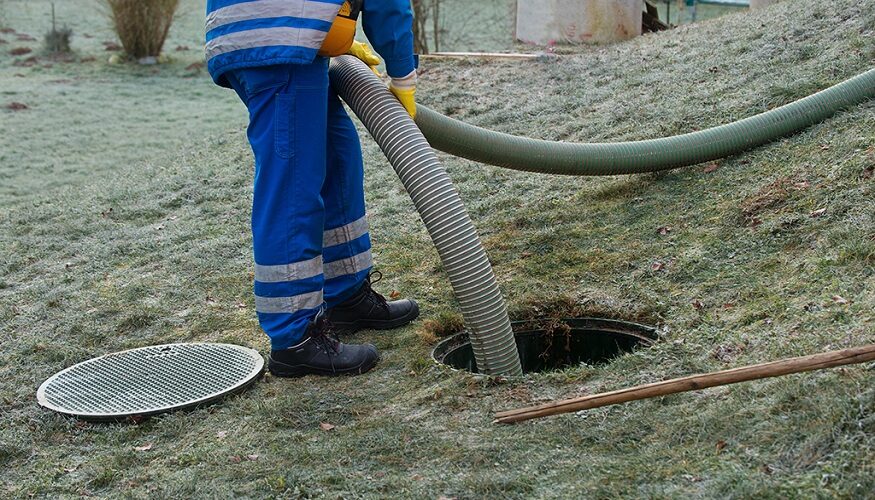There are several indicators that your septic system is backed up. These include gurgling water, sluggish drains, and a foul smell. Therefore, it is essential to have your septic system cleaned. You can hire septic tank cleaning orlando to achieve the best cleaning you need. Below are some of the most common signs of cleaning.
Sludge and scum layers
Sludge and scum are two separate layers that collect in the septic tank. They clog the pipe and reduce the water’s ability to infiltrate into the soil. While thin biomass is necessary for the proper treatment of wastewater, a thick one can cause the system to back up. Additionally, the scum layer can clog the pipe coming into the septic tank and cause the sewage to back up into the home.
Depending on the septic tank you have, sludge and scum layers may accumulate in the tank for years. When these layers build up, the tank will no longer be able to function correctly. For example, the inlet layer can be very thick, while the outlet end has almost no scum layer. When this happens, it is time to pump out the entire tank.
Gurgling water indicates a backlog.
When a septic tank is complete, the water collects in the yard. This water may not be visible but may signify a clogged septic system. This excess water can affect the health of your lawn and other vegetation. In addition, you may notice that weeds bloom out of the vicinity of the tank. Gurgling water is another symptom of a backlog.
The septic tank has a backlog if you hear gurgling water coming from your pipes. Sewage backup occurs when wastewater has difficulty draining away from your home. The problem can occur through the sink, toilet, or shower drain. The leading cause of clogs is blockages. In addition, excess food waste can clog your septic tank, making it hard for the debris to flow away.
Sluggish drains
If you notice your sinks and toilets running slowly, the chances are that your septic tank is clogged. The problem is likely caused by excess water, decomposing waste, or an overly wet drain field. If you notice the problem, it’s time to get it fixed. Here are some of the first signs that your drain field is clogged:
Slow drains are a common problem. While it could be a blockage or a plumbing vent defect, it’s a sure sign of a clogged drain field. Slow drains should be investigated as soon as possible, as they could lead to a costly sewage backup cleanup project, a flooded building, and mold contamination.
Lingering foul odor
There are several reasons why you might be experiencing a lingering foul odor when your sewage treatment system is due for a cleaning. Whether you’re experiencing a lingering smell in your home or recently changed your plumbing, you’ll want to call a professional to diagnose the problem. Sometimes, the odor you’re experiencing is caused by something as simple as a loose toilet wax seal. In that case, it’s worth calling a plumber to inspect and repair the problem.
A lingering odor in your home shows that your septic tank needs cleaning. It may not be dangerous, but it’s a nuisance. First, you’ll want to ensure that your septic tank vent is free from debris. This is important as it allows gases to escape from the tank without damaging your home. If the duct is obstructed or damaged, it may not be properly discharging its gases, causing a foul smell.
Monitoring devices
Regular pumping and septic tank cleaning are essential to keeping your system functioning properly. To avoid overflows and extend pumping intervals, you should use eco-friendly cleaning products instead of harsh chemicals. Products that are marketed as flushable are not. These wipes don’t break down like toilet paper and can build up in your tank. They also cause clogs and reduce the flow of oxygen.
There are several ways to prevent backflows. One way is to avoid them by installing baffles at the bottom of the tank. These devices help monitor scum and sludge levels in the tank, allowing you to schedule pumping and grease trap cleaning. They are suitable for residential and commercial septic tank systems, and they help establish the appropriate pumping and septic tank cleaning intervals. In addition, the monitoring devices have alarm features to detect abnormalities and prevent costly backups.

